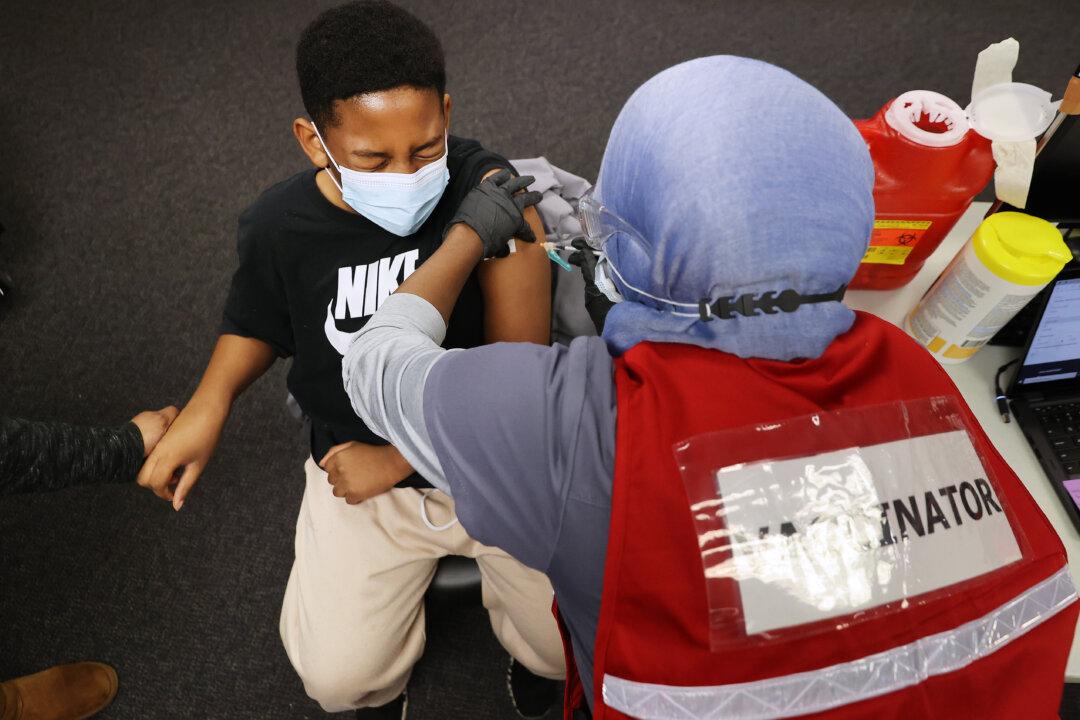The U.S. Centers for Disease Control and Prevention (CDC) added COVID-19 vaccines to its routine immunization schedule for children and adults on Thursday, attracting criticism for the decision.
According to the CDC’s 2023 immunization schedule for children and adolescents, two or three doses of COVID-19 vaccines have been recommended beginning with infants who are just six months old. Children in the age group of 6 months to four years, and five years to 11 years are recommended COVID-19 vaccines from Moderna or Pfizer. Among children aged 12 to 18, Novavax vaccines are also recommended in addition to Pfizer and Moderna.





